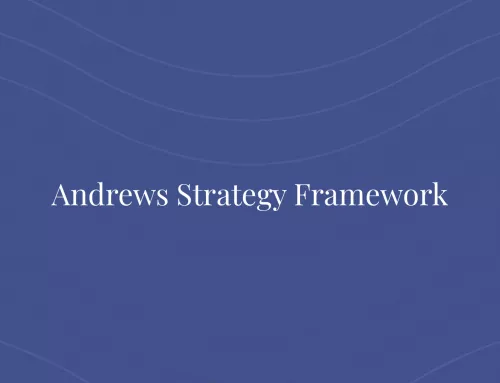David Cameron, Barack Obama and Pamela Anderson refused. George W Bush, Benedict Cumberbatch and Stephen Hawking took part. From mid-2013 to early 2014, social media popularized a challenge of unknown origin called the “Cold Water Challenge”. The Ice Bucket Challenge, sometimes called the ALS Ice Bucket Challenge, is an activity involving the dumping of a bucket of ice and water over a person’s head, either by another person or self-administered, to promote awareness of the disease – Amyotrophic Lateral Sclerosis (ALS, also known as motor neurone disease and in the US as Lou Gehrig’s disease) and encourage donations to research.
The Ice Bucket Challenge notched up over $100m for motor neurone disease research, community services, public education, fundraising, and processing fees. However, the bracing cold water of a backlash quickly followed[1]. One of the frequently cited reasons is Virtue Signaling.
According to the Oxford Dictionary, virtue signaling is
the action or practice of publicly expressing opinion or sentiments intended to demonstrate one’s good character or the moral correctness of one’s position on a particular issue.
According to Cambridge Dictionary, virtue signaling is
an attempt to show other people that you are a good person, for example by expressing opinions that will be acceptable to them, especially on social media. Virtue signaling is the popular modern habit of indicating that one has virtue merely by expressing disgust or favor for certain political ideas or cultural happenings.
Basically, it means when people say a statement on a subject to generate approval from those listening, usually through what is implied rather than said.
Most people attribute the phrase to a piece publicized in The Spectator[2] in April 2015, by journalist James Bartholomew. In the article, James said that pretentious signs at Whole Food and hating bankers were examples of virtue signaling.
Virtue signaling statements are used to enhance ones perception within a social group. This often happens without a practical application of the opinion held. These can include posting your involvement online in response to fads even if you didn’t donate to the charity.
Also known as moral posturing, this refers to the act of expressing opinions in a deliberately conspicuous manner in order to signal to others about one’s virtues. A politician, for instance, might express disgust against an ideology just for the sake of sending across the message that he stands against regressive social ideas. He may not, however, genuinely believe or stand by the virtues that he claims to possess in public.
Did you participate in the Ice Bucket Challenge? Why? Share your comments.
References




